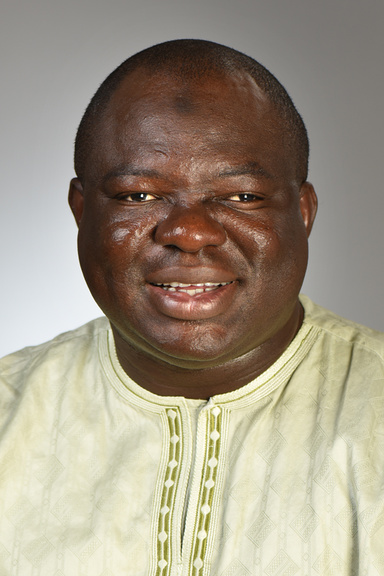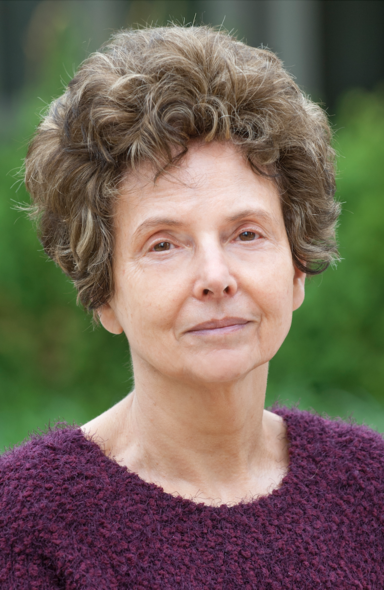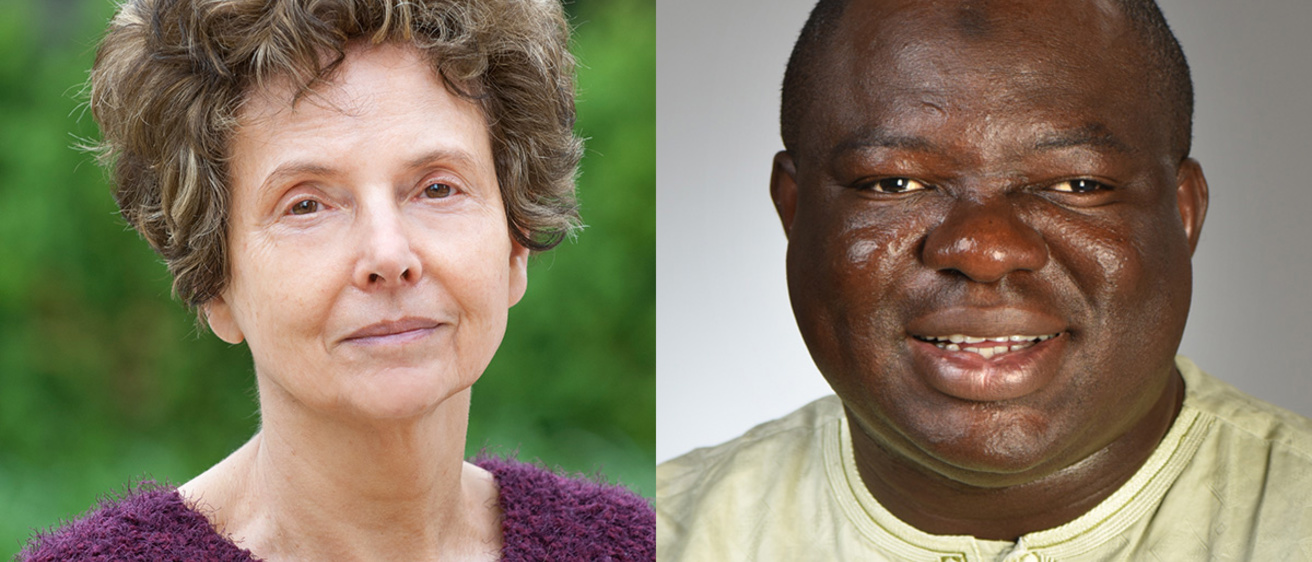Two University of Iowa faculty members were named 2022 fellows of the American Association for the Advancement of Science (AAAS), the world’s largest general-scientific society and publisher of the journal, Science.
Iowa’s recipients are Azeez Butali, professor of oral pathology, radiology, and medicine and professor in the Iowa Institute for Oral Health in the UI College of Dentistry; and Grazyna Kochanska, Stuit Professor of Developmental Psychology in the Department of Psychological and Brain Sciences in the College of Liberal Arts and Sciences.
The 2022 class of AAAS Fellows includes 505 scientists, engineers, and innovators from around the world who are recognized for their scientifically and socially distinguished achievements. Election as an AAAS fellow is an honor bestowed upon AAAS members by their peers.

Butali was selected for “distinguished contributions to the field of craniofacial genetics, including our understanding of non-syndromic clefts and the identification of cleft palate candidate genes through genome-wide association studies (GWAS).”
A non-syndromic cleft is a birth defect characterized by the incomplete division of the oral and nasal cavities when no other abnormalities are present.
Butali is the world’s foremost expert in the genetics of cleft lip and palate among African populations. Cleft lip and palate account for a significant proportion of neonatal birth defects in Africa, but there is very little data on the genetic causes of the condition for this population. He has received numerous National Institutes of Health and foundation grants supporting this research.
Butali directs the African Craniofacial Anomalies Network, a collaboration of scientists in Ghana, Ethiopia, Kenya, Nigeria, and Rwanda. He is part of the UI Genetics Cluster Initiative. He joined the College of Dentistry in 2013 after completing a postdoctoral fellowship in craniofacial genetics at Iowa.
"I am fortunate to be at Iowa, where my lab manager and students bring their 'A games' at all times, and the leadership at the College of Dentistry and the university create an environment that allows faculty to thrive,” he says. "I would like to thank the families in Africa who voluntarily participate in our research and my family for their support. I am grateful for my mentors who have encouraged and helped me along the way."

Kochanska was selected for “distinguished contributions to the field of developmental psychology, particularly for elucidating origins, course, mechanisms, and outcomes of young children's adaptive and maladaptive social-emotional trajectories, using rigorous behavioral methodologies.”
Kochanska’s lab, established at Iowa in 1991, seeks to understand why children embark on very different life paths as they progress from infancy to adolescence. Some children are willingly cooperative and move toward increasingly well-regulated behavior, compatible with social rules. Other children embark on more troubling paths, tending to oppose their parents, disregard rules, and engage in a variety of disruptive behaviors. Kochanska’s work has highlighted biological and environmental factors that influence those paths, and it has informed evidence-based interventions that may promote positive, adaptive development.
Kochanska’s research has been funded by the National Science Foundation, National Institute of Mental Health, and National Institute of Child Health and Human Development for more than 30 years.
“I am so grateful for the supportive colleagues and staff in the Department of Psychological and Brain Sciences and for my research team, which has included many generations of post-doctoral fellows, graduate and undergraduate students, and professional staff,” she says. “I also am very appreciative of the countless Iowa families—mothers, fathers, and children—who have participated in many long-term research studies.”
